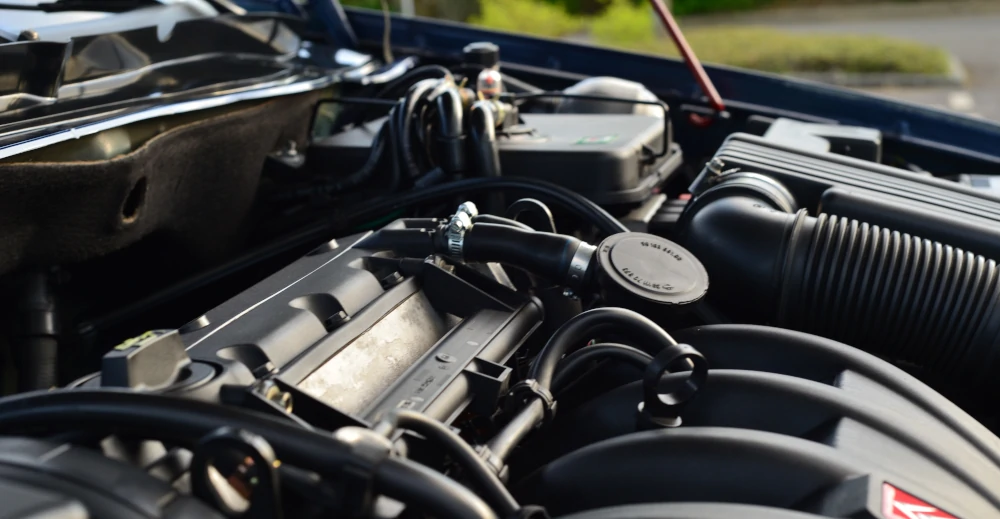10 Tips for Maintaining Your Car's Engine

After you've got your car loan and your dream car form Carfinance2u, keep in mind that your car's engine is the heart of the vehicle, and proper maintenance is crucial to ensure its longevity and optimal performance. By following a few simple tips, you can keep your engine running smoothly, reduce the risk of breakdowns, and potentially save on costly repairs. In this blog post, we'll discuss ten essential tips for maintaining your car's engine.
Regular Oil Changes
One of the most important maintenance tasks for your car's engine is regular oil changes. Engine oil lubricates the moving parts, reduces friction, and helps dissipate heat. Follow your vehicle manufacturer's recommendations for oil change intervals, and use the recommended oil type and viscosity for your engine.
Check and Top Up Fluid Levels
In addition to engine oil, it's crucial to regularly check and top up other fluid levels such as coolant, transmission fluid, brake fluid, and power steering fluid. Low fluid levels can lead to overheating, poor performance, or even engine damage.
Maintain a Clean Air Filter
A clean air filter ensures a proper air-fuel mixture, allowing your engine to perform efficiently. Check your air filter regularly and replace it as recommended by your vehicle's manufacturer or based on visual inspection if it appears dirty or clogged.
Fuel Quality Matters
Using high-quality fuel can help maintain the cleanliness of your engine and improve its performance. Avoid filling up at gas stations with questionable reputations and always use the recommended octane rating for your vehicle.
Drive Smoothly
Avoid aggressive driving habits like rapid acceleration, hard braking, and excessive revving. These actions put unnecessary stress on your engine and can lead to increased wear and tear over time. Drive smoothly and gradually to prolong your engine's lifespan.
Warm Up Your Engine
Allow your engine to warm up for a few minutes before driving off, especially in colder temperatures. This allows the oil to circulate properly, lubricating all the vital components and reducing strain on the engine.
Follow the Recommended Maintenance Schedule
Every vehicle comes with a manufacturer-recommended maintenance schedule. Follow this schedule diligently, including routine inspections, tune-ups, and component replacements. Adhering to the maintenance schedule can prevent potential issues and keep your engine running smoothly.
Keep Your Cooling System in Check
Your car's cooling system is vital for preventing overheating. Regularly inspect the coolant level, check for leaks, and ensure that the radiator and cooling fans are in good working condition. Overheating can cause severe damage to your engine, so addressing cooling system issues promptly is crucial.
Monitor Belt and Hose Condition
Inspect the belts and hoses in your engine compartment for signs of wear, cracking, or fraying. Replace them if necessary, as worn-out belts and hoses can lead to engine malfunctions or even failure.
Pay Attention to Warning Signs
Lastly, be attentive to any warning signs your vehicle might exhibit. Unusual noises, vibrations, or dashboard warning lights could indicate a potential issue with your engine. Address these warning signs promptly by consulting a qualified mechanic to prevent further damage.
Maintaining your car's engine is vital for its longevity and performance. By following these ten tips, you can keep your engine in good condition, minimize the risk of breakdowns, and potentially save on costly repairs. Remember to refer to your vehicle's owner's manual for specific maintenance recommendations and consult a professional if you encounter any significant issues. With regular maintenance and care, your car's engine will continue to serve you reliably for years to come.
